Parent and child relationships are arguably the most influential relationships we all experience. Those relationships lay the foundation for how we learn to interact with others. Furthermore, they’re often the groundwork for shaping who we become. Because of this, unloving mothers can often have a detrimental effect on their children. Daughters, in particular, are left with emotional wounds that they carry throughout their lives.
Wounds Left Behind from Unloving Mothers

While we all thrive on love, most people don’t actually know how to describe it. Love is not just a feeling for someone but a complexity of emotions we feel for someone. This may include trust, gratitude, and security. We may feel attached, comforted, or a sense of warmth. It’s something we all need, but also something many people don’t know how to do healthily. Unsurprisingly, these painful wounds are common among women who grew up with unloving mothers.
Read: If You Relate to These 8 Things You Were Raised by an Emotionally Abusive Mother
1. Difficulty Making Decisions

Growing up without proper guidance, a woman may become uncertain of her ability to decide. She may doubt her own instincts or feel like whatever choice she makes will have a negative outcome.
2. Hesitant to Trust Because of Unloving Mothers

Trust is one of the most precious gifts a person can offer to someone else, but it’s also fragile and easily destroyed. Women who grow up with unloving mothers often have a hard time learning to trust other women. Unfortunately, this impacts social skills and prevents women from developing deep friendships with other women. It also prevents women from trusting women in power, limiting professional success.
3. Fear of Vulnerability

Just about any circumstance in which “all eyes are on you” is hard for most people because each circumstance requires some level of vulnerability. When being vulnerable, people run the risk of being judged, reprimanded, or ridiculed. Therefore, women who grew up with unloving mothers often don’t trust themselves or others enough to put themselves out there. The fear of being vulnerable may ultimately impact romantic relationships, friendships, and relationships among peers or colleagues.
4. Needing Validation

Never getting recognition is something that many women face when growing up with unloving mothers. However, this causes a lack of feeling validated. When this occurs, women may seek constant reassurance from those around them, sometimes finding themselves in really unhealthy or abusive relationships.
Read: Here’s What Getting Spanked as a Kid Did to Your Personality, According to Science
5. Difficulty Setting Boundaries

Boundaries are another complexity of life because some are finite while others are permeable. However, growing up with an unloving mother can make women feel their boundaries shouldn’t exist at all.
6. Feelings of Hostility Toward Unloving Mothers

Harboring the pain of growing up with an unloving mother can lead to anger, sadness, or resentment.
Read: Why Do Couples Fight? How To Stop Fighting And Start Loving
7. Struggles with Emotional Awareness

Women who grew up with unloving mothers may have a harder time identifying their own emotions or the emotions of others.
8. Negative Self-Image

Be it hair, clothes, or weight, most women can think of an instance in which their mothers belittled them for their appearance. While, occasionally, it’s normal for parents to have differing opinions from their children, constantly being berated by an unloving mother can lead to body dysmorphia, low self-esteem, depression, feeling unworthy, or suicidal thoughts.
9. Inability to Self-Soothe
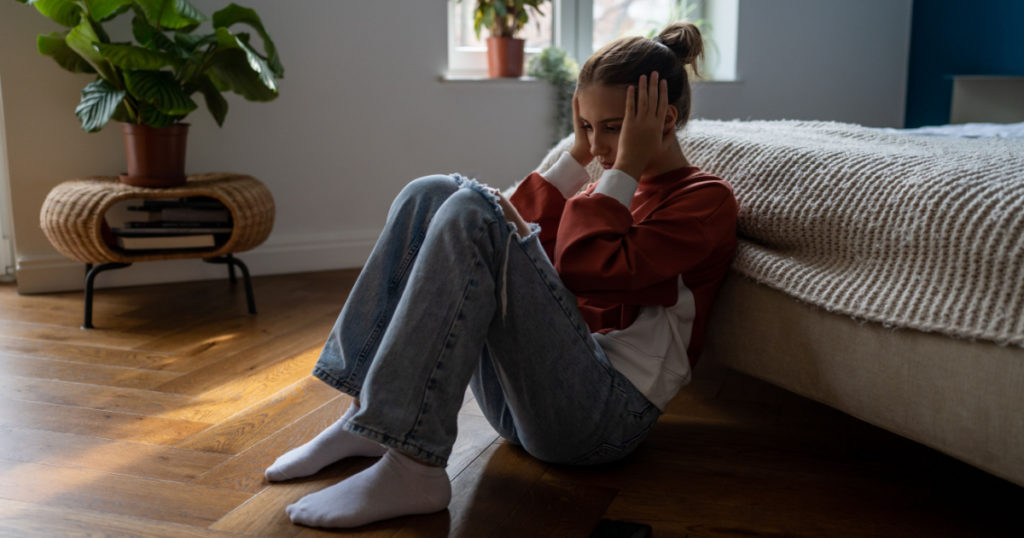
Growing up with an unloving mother may cause some confusion regarding healthy coping mechanisms. In many cases, women turn to substances such as alcohol to act as a “band-aid” for their emotional wounds.
10. Avoidance

When women are raised by unloving mothers, they’ll often avoid confrontation or any other form of uncomfortable interaction with others because they often learn early on that speaking up may result in being punished. Women may feel uncertain about tackling work projects or trying new things for fear of failing. Moreover, they doubt their own creative and intellectual abilities.
Combatting Wounds from Unloving Mothers

Life is undeniably challenging, and we all learn to face those challenges differently. However, growing up with an unloving mother or parent can have a debilitating impact. Therefore, taking time to heal, go to therapy, and learn to love yourself and others with an unyielding sense of compassion is important.
Therapy
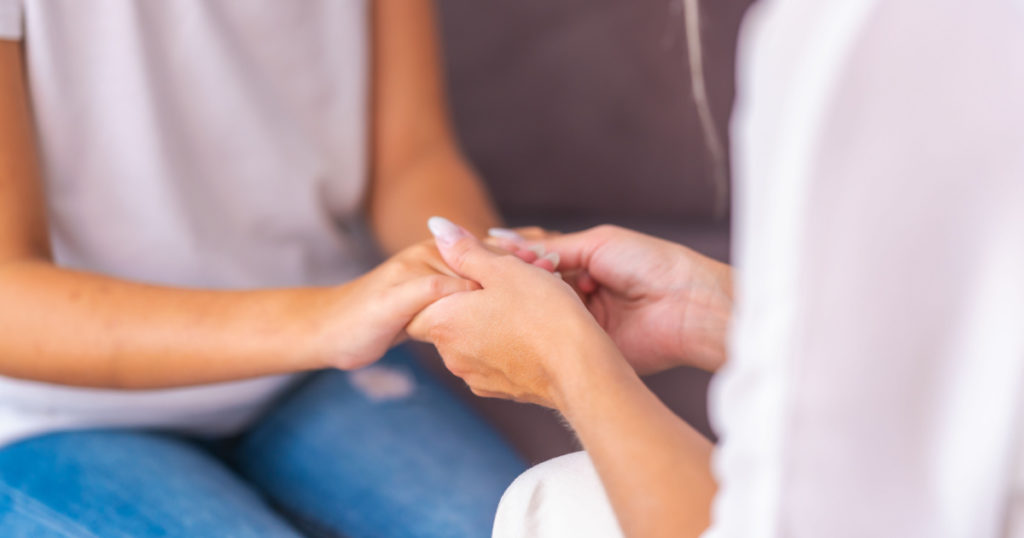
A professional can usually give you clarity or a place to put unresolved emotions. From this, a new perspective may emerge to help accurately assess life with an unloving mother.
Read: 7 Signs of Being Raised by a Highly Critical Parent
Write

Taking time to reflect on and write about things you love about yourself or your life, feelings you want to address, or ways to improve relationships with others will create more uplifting avenues to help your brain and heart heal.
Help Others
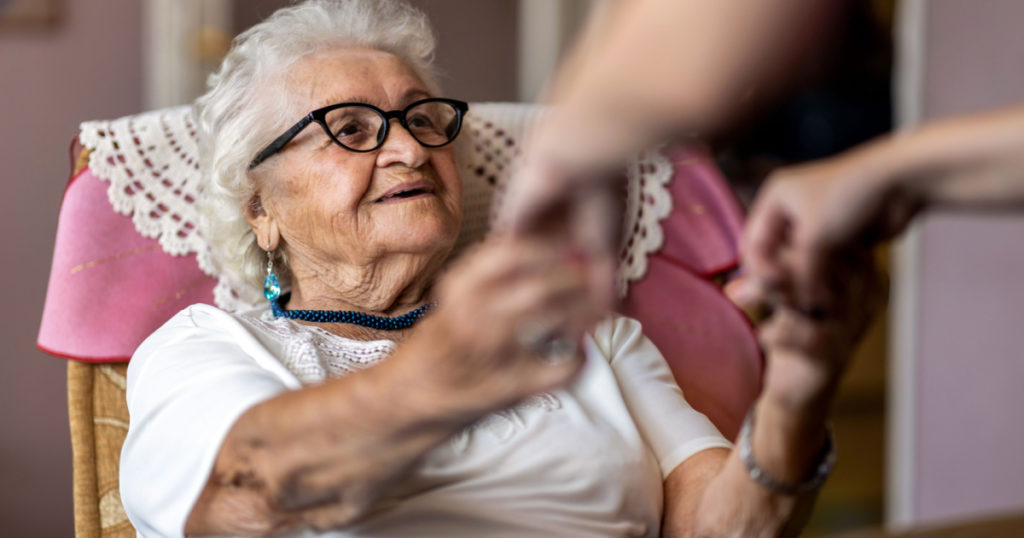
This can help to build up one’s self-image. Furthermore, there is a chance to learn to develop close personal relationships with others.
Forgive

It’s okay to be hurt by the things that happened in childhood. However, working through that pain, rather than harboring it, will free up space in your brain and heart. Allowing you to learn to love yourself. You may even love so freely that you love your unloving mother in a way you never imagined.
Become More Self-Aware
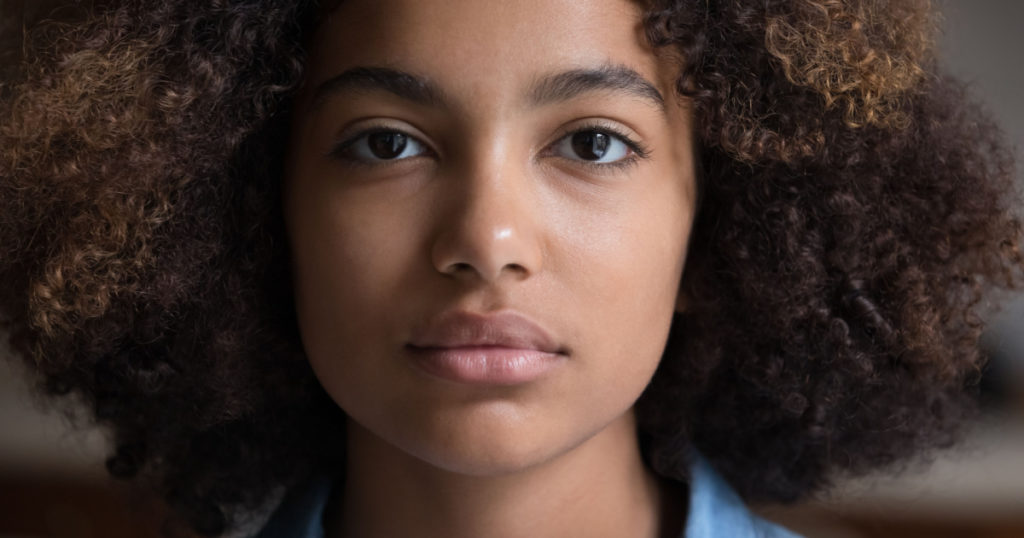
Learn to evaluate and name your feelings, needs, and wants. As a result, you’ll get to know more about yourself and gain a realistic understanding of what your body, mind, and soul may need.
Be Understanding
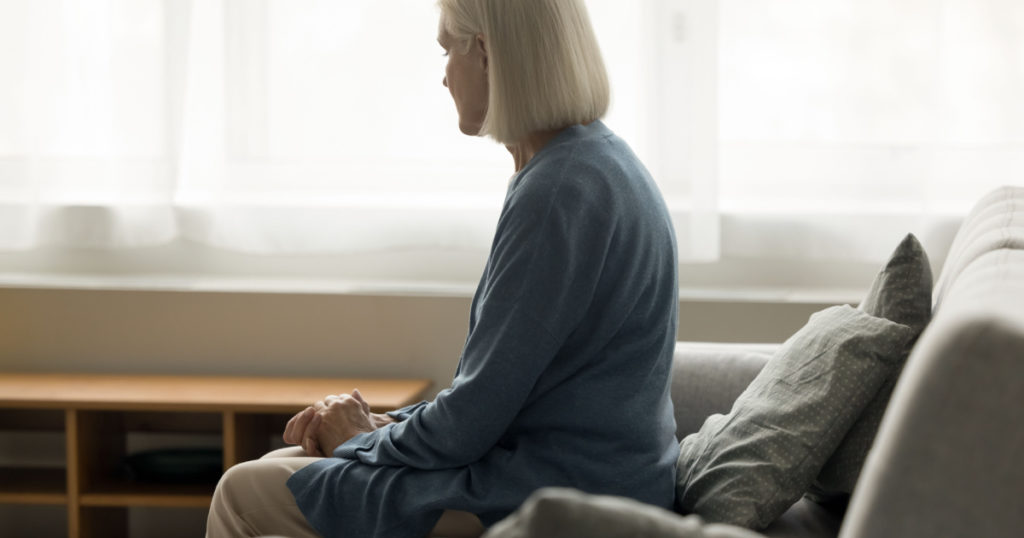
It’s damaging to belittle or abuse a child. However, previous generations weren’t taught how to love openly, compassionately, or unapologetically. Therefore, their inability to love healthily most likely came from a place of hurt and isn’t a reflection of what they are worthy or deserving of.
Keep Reading: 8 Physical Traits Mom Passes To The Baby (And 4 From Dad)
Sources
- “7 Common Wounds for Daughters of Unloving Mothers.” Psychology Today Peg Streep. April 30, 2013
- “10 Emotional Wounds Daughters with Unloving Mothers Carry into Adulthood.” Beauty Health Page
- “What Is the Mother Wound and How Do You Heal?” Healthline. Rhona Lewis. September 29, 2020.

